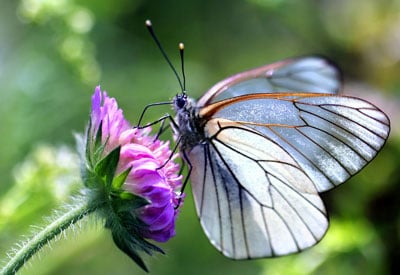
Beneficial Insects for Pest Control
How to properly use beneficial insects to control garden pests.
Pollinators & pest control
from greenhouses to grow closets
100% safe & effective

How to properly use beneficial insects to control garden pests.

Safe, effective and simple – pest control at its very best.

Attracting or importing “the good bugs” into your yard or garden is a great way to reduce the number of insect pests.

Attracting and benefiting from our most beautiful pollinators.

Are you tired of unsightly weeds taking over your beautiful garden? If so, a homemade weed killer might be the perfect solution for you. This natural alternative to harsh, chemical weed killers can effectively rid your garden of unwanted plants

Bindweed is a term commonly used to describe two similar yet distinct species of plants: field bindweed (Convolvulus arvensis) and hedge bindweed (Convolvulus sepium). These perennial weeds are often found in farmlands, residential settings, and ornamental borders across the United

If you’ve noticed your pet scratching a lot lately, you might be concerned they have fleas. But where did they get them from in the first place? Do fleas fly? Or do they hop from one animal to another? Dealing

Are you tired of the incessant buzzing of gnats around your home? These tiny insects can be a nuisance especially when they form an infestation. A gnat trap is one of the most effective solutions to rid your home of

Wasps can be a threat to people and pets when they build nests too close to homes. Don’t take any chances – get rid of the problem by setting up a wasp trap. Wasps, a common type of insects, can

Cicada season poses a great threat to our garden. These pesky creatures will munch on your plants and wreak havoc unless you take preventive measures. This article explores effective strategies honed through my years of experience to safeguard your plants

Crabgrass, with its coarse, light green clumps and sprawling stems, can quickly take over a well-maintained lawn, causing frustration for homeowners. This persistent weed not only detracts from the aesthetic appeal of your turf but also competes with desired grass

If you’ve been asking yourself, ‘What do bed bugs look like?’ you’ve come to the right place. Bed bugs are a common pest that can cause significant discomfort and stress in many households. They are elusive creatures, often hard to
Get early access the new growing guides, innovative product reviews and the season’s newest varietal seed release.